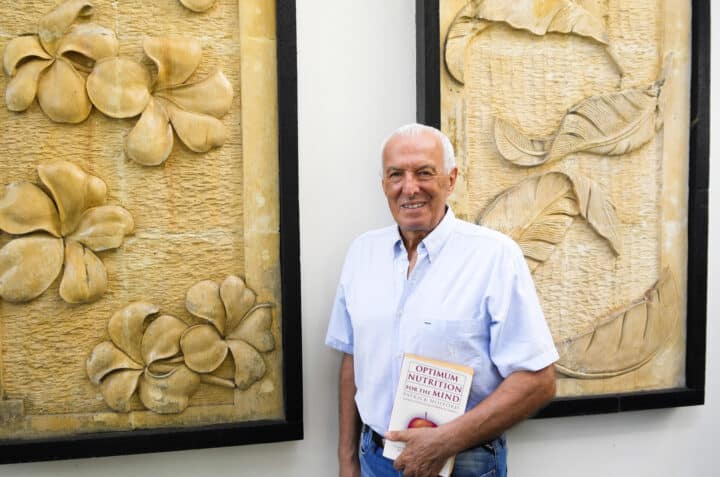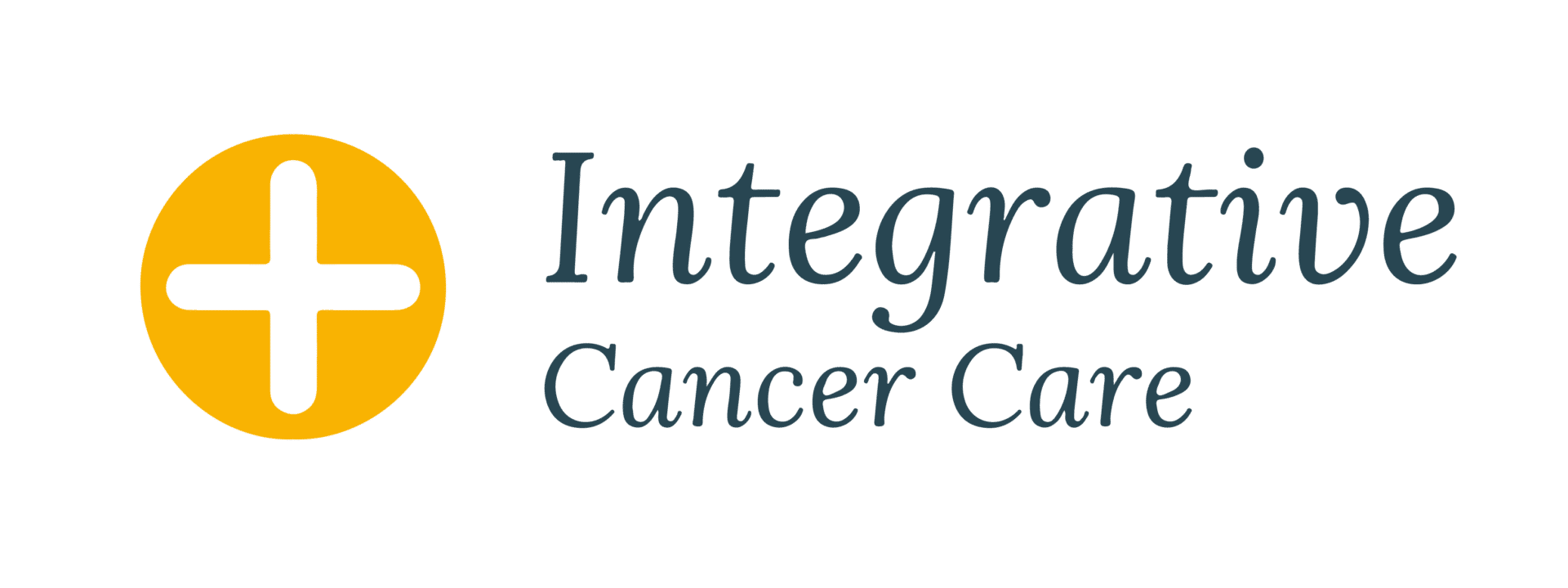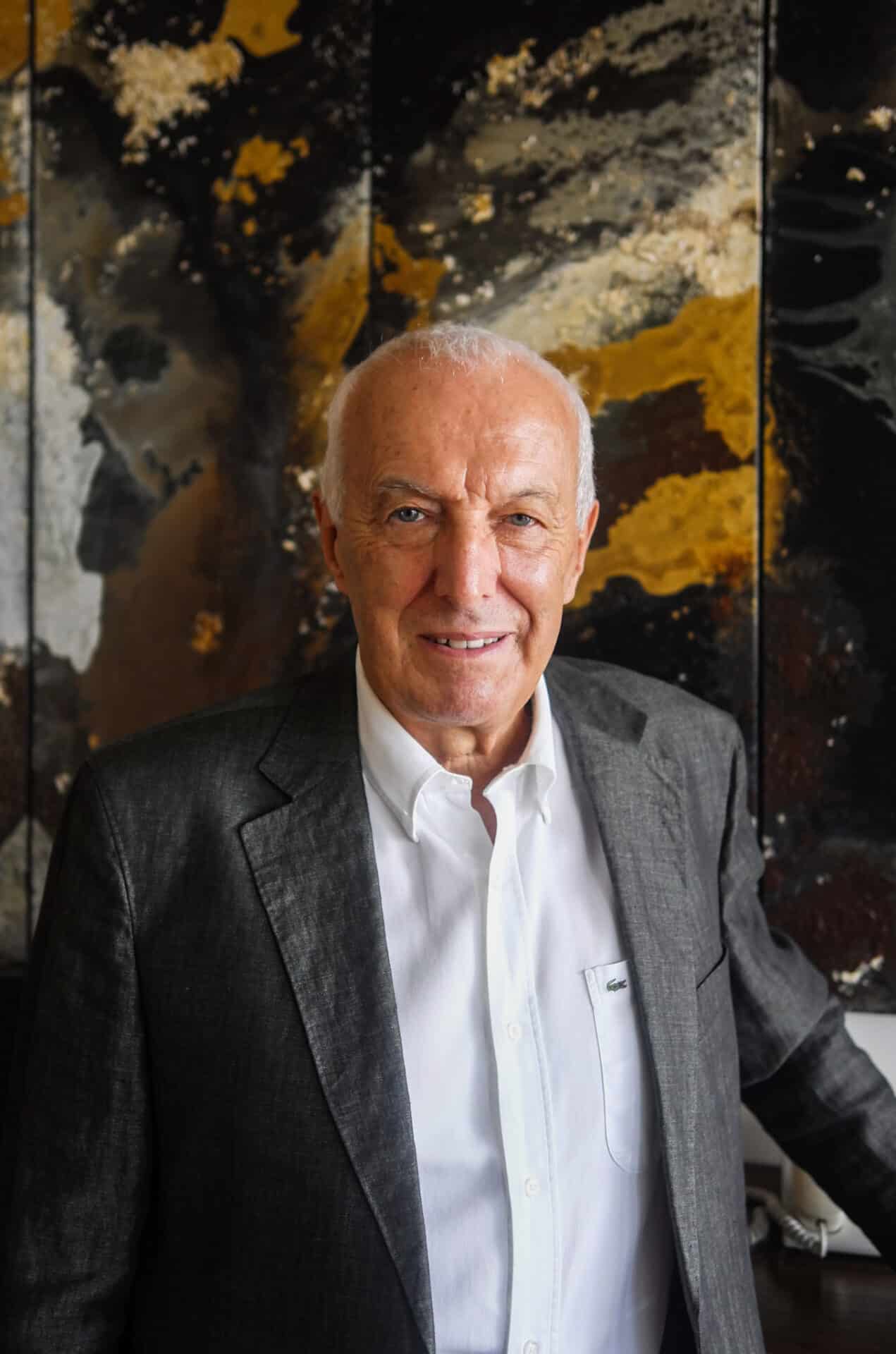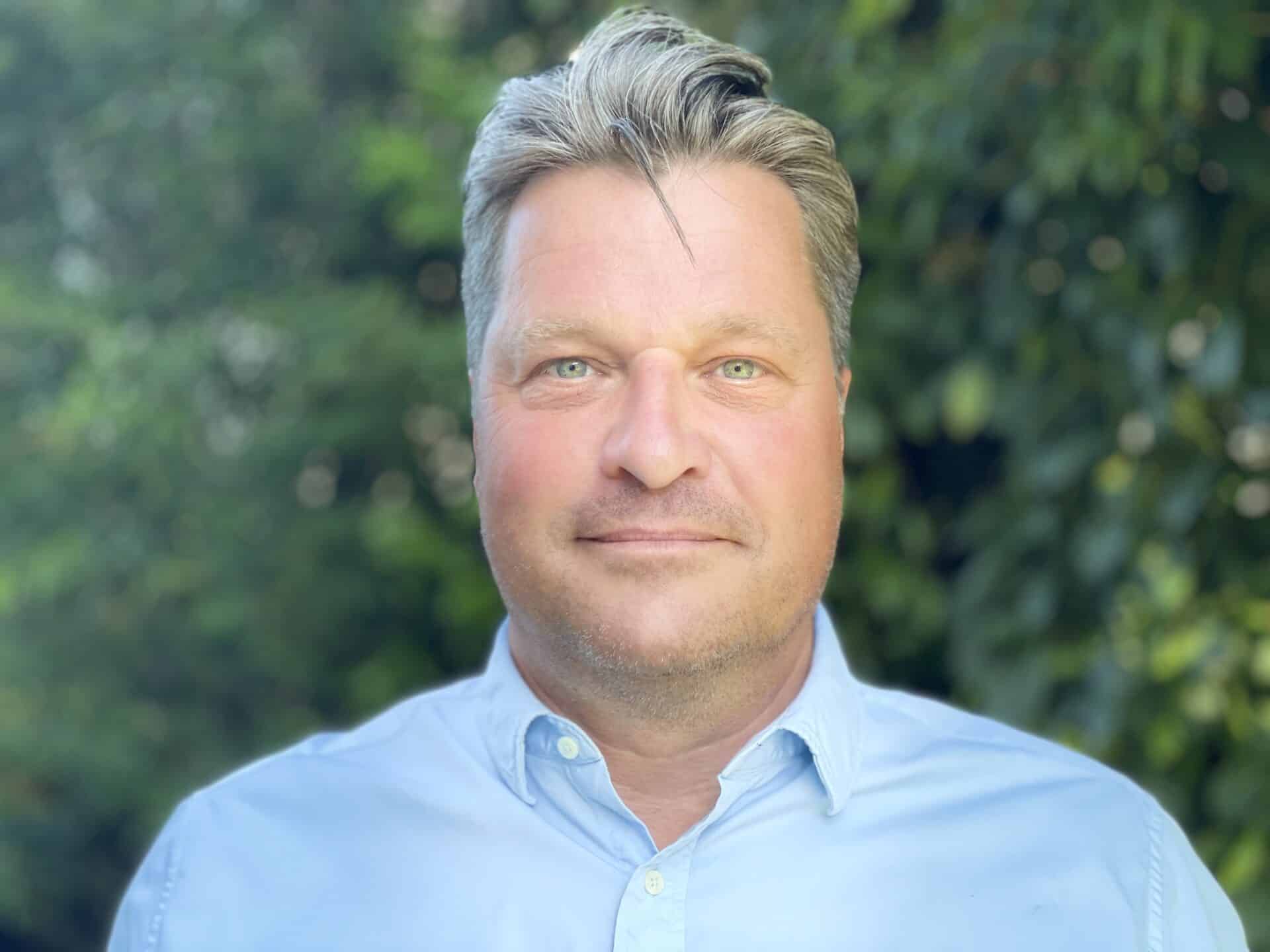We are partnering with ...
The people behind medpro - who they are and what moves them
Founded in 2000, medpro Holland B.V. is known worldwide for its highly effective phytopreparations. Not only cancer patients, who see herbal remedies as a chance for a new future, but also people who want to enjoy life in old age are convinced by the company's products. But how did the company come about? What motivated the founder, Prof. Dr. Dr. Ben Pfeifer, and who are the people responsible for this success?
Research & product development
External medical consultation

Prof. Dr. Dr. med. Ben Pfeifer
- The path to integrative medicineA personal fate in his own family brought the founder of medpro, Prof. Dr. Dr. Ben Pfeifer, to phytotherapy. After a long journey with many difficulties, he now helps patients all over the world with his highly effective nutritional supplements from medpro with individual treatment concepts.
Even at the tender age of four, Ben Pfeifer dreamed of becoming a doctor. He studied medicine at the Humboldt University in Berlin, where he also completed his doctorate. He then moved to the United States to various universities such as San Diego, San Francisco and Kentucky, where he worked as a doctor and scientist. He became Director of Research at the University of Kentucky and set up his own immunology laboratory. He describes himself as a scientist and doctor with passion and heart.
Before Ben Peifer came into contact with phytotherapy and integrative medicine, his life seemed predetermined. "I felt very comfortable as a specialist and young university professor," says Pfeifer, "I could choose whether to go to Hawaii, California or Washington." But he was missing something. He recognized that in university medical practice, the focus was often not on the patient but on the doctor's personal success.
Listen now to the interview with medical mastermind Prof. Dr. Ben Pfeifer
medpro impresses patients with tumor diseases, among others, with its individual and tailor-made phytotherapeutics. Many doctors are already making use of the special synergy effects of integrative medicine and conventional medicine. But medpro is also popular in preventive medicine, for the prevention of medical challenges, and for good reason. This is because the special dietary supplements can contribute to gentle and careful health support.
You are currently viewing a placeholder content of Standard. To access the actual content, click the button below. Please note that this involves passing data to third parties.
Further informationHow did Prof. Dr. Dr. med. Pfeifer come to integrative medicine?
Prof. Dr. Dr. Ben Pfeifer's sister died of metastatic ovarian cancer at the age of just 46. Even as a doctor at one of the most renowned clinics in the USA, Prof. Pfeifer was unable to help her. This event was decisive for him to look for new approaches that would do more for people than the previously propagated methods. Driven by this stroke of fate, he began to search for integrative forms of therapy, especially for tumor patients.
"Integrative medicine requires a great deal of experience, great passion and thinking outside the box," says Prof. Pfeifer.
Trying out new, alternative methods at university in the USA and establishing them alongside conventional medicine with its timetables and guidelines proved to be extremely difficult. Envy and resentment also played a role when, for example, it was recognized that a preparation to support the fight against prostate cancer was working very well. Finally, Prof. Dr. Dr. Ben Pfeifer resigned and successfully went his own way internationally with phytotherapy.
Why did Prof. Dr. Dr. Pfeifer trust phytotherapy?
Scientists from Taiwan and China influenced him along the way. They did things for cancer patients that were not possible with Western medicine. Prof. Dr. Dr. Ben Pfeifer finally tried to unite both worlds, which worked brilliantly. The protocols he developed, which set out precise dosages and individual therapies for cancer patients with phytotherapy, were decisive for this. He often treated patients with intestinal or brain tumors and similarly poor prognoses. The protocols were refined more and more over the decades until the desired results were finally achieved.
In 2010, Pfeifer went to the Middle East to establish his company medpro. The protocols also accompanied him during this phase, where they were further developed with new, specialized scientists and doctors.
In Asia, Pfeifer also discovered that patients respond differently to different forms of therapy. "I saw that acupuncture was used to suppress pain during open heart surgery, which made a deep impression on me." Homeopathy, which Pfeifer was not convinced of before, also took on a new significance for him: "I saw that with the right medication, homeopathy could be used to combat cancer pain and nausea."
What unites integrative medicine and phytotherapy?
The change of course to phytotherapy was not easy for Prof. Pfeifer for several reasons. He lacked the basic knowledge of traditional Chinese medicine. As a conventional doctor, he had previously only learned evidence-based and mechanical medicine. It only became easier with the successes on patients. When he wanted to set up an integrative Aesculapian center at a Swiss clinic, he was initially labeled crazy and even dangerous. "But it was the right path for me and my patients have also benefited from it."
According to Pfeifer, there are three things in particular that have changed with integrative medicine and phytotherapy:
- The focus here is on the person and not on the doctor’s ego.
- Fewer toxic side effects were observed in patients treated with phytotherapy during conventional therapies.
- Various phytotherapy preparations have synergistic effects with conventional treatment and can achieve better results.
Another advantage of phytotherapy is that you can do it at home under the supervision of a doctor. For most patients, telemedicine is even possible in combination with regular laboratory tests.
Today, many medicines are already derived from (medicinal) plants. However, the pharmaceutical industry is trying to find a usable, patentable molecule with a mechanism of action. "In integrative medicine, however, we are interested in what brings the patient forward, prolongs their life, has few side effects and is still effective," explains Pfeifer. "This is usually a combination of active ingredients that nature has given us." There is a danger that profit-oriented players in the pharmaceutical industry will take such phytotherapeutics for themselves or make them disappear.
"Phytotherapy doesn't just influence a metabolic pathway of the tumor cell or increase a certain molecule - phytotherapy addresses the tumor disease," says Pfeifer. The antioxidant and anti-inflammatory phytotherapeutics from medpro support the fight against free radicals in the cell, can help to reduce inflammatory processes and stabilize the immune system. "This is often neglected in oncology. The tumor can easily come back," says Prof. Dr. Dr. Pfeifer. He recommends not giving up in the event of a tumor and always seeking a second opinion. Being strong in heart, mind and soul is important in order to realize that life can still be fun despite illness.
Management, Marketing & Cooperation Management
How did Alisa Vaid and Patrick Göser come to medpro?
Alisa Vaid and Patrick Göser are the two dedicated masterminds behind medpro. They and the innovative company based in Holland show how important phytotherapy is today. Patrick Göser is the Managing Director of medpro Holland. He feels a bit like the "girl for everything" here and joined the company more or less by chance in 2013. Until then, he was head of the IT department of a company. He was asked by the head of the research and development department to manage medpro on an interim basis because the managing director at the time had left the company. At the time, he had no idea that after a two-year training period, this would become his main job.
While working for a large corporation, Alisa Vaid quickly realized that sense sometimes falls by the wayside. She went to Bali to set up her own business and met Prof. Dr. Pfeifer, the medical developer of medpro products, by chance. In discussions, she finally found the purpose of these products and was convinced of medpro's philosophy and treatment concepts. "With the experience that I myself have gained over the years in the healthcare sector, I finally wanted to get involved," says Alisa Vaid. Alisa was already fascinated by the power of phytotherapy. In her teenage years, she herself had chronic health problems for which she initially relied on conventional medicine. After some time, she finally realized that conventional medicine had reached its limits and that other solutions were needed.
"I started doing my own research and came to integrative medicine in various ways," she says. "Eventually, I was able to replace the monthly antibiotics I was dependent on with herbal medicine." Her success proved her right. Today, she advises people to listen to their bodies and to consider what is good for them and what is not.
What are the obstacles to phytotherapy?
medpro has been on the market for over twenty years now. However, Alisa Vaid and Patrick Göser also encountered stumbling blocks and obstacles. "Due to the many European standards and regulations that also apply to pharmaceutical products, it is not always easy to produce complex modern phytopreparations," says Patrick Göser. However, this means that medpro products meet even the highest demands.
"It's not exactly easy for us to explain what our phytopreparations can do, namely improve quality of life and influence medical challenges," says Patrick Göser. Our success proves us right, as Prof. Dr. Pfeifer has already been able to successfully support countless patients with medpro phytopreparations. "It's great to see that patients who were considered medically untreatable have regained a good quality of life," explains the medpro team unanimously.

Strong team - strong brand
medpro is backed by an internationally renowned team of doctors who provide individual advice to patients with manifest illnesses.
Modern phytotherapy is enjoying increasing popularity due to its success. More and more doctors are relying on the power of active plants and a partnership with medpro. "We already know that modern phytotherapy can have an effect and is gentler on patients, as it does not have as many side effects as synthetically produced drugs," says Göser.What are the advantages of a medium-sized company like medpro?
The challenge for us as an independent company was always that hospitals and doctors wanted to see studies," says Alisa Vaid. In the meantime, medpro refers to the experiences and successes of patient stories that have often accompanied them for 20 years. Treatment protocols are needed to be able to demonstrate these successes. They show and document the combination of different active ingredients and products aimed at achieving a specific treatment success. These are put together individually for each patient. The results can often be seen after just a few weeks, for example in the blood tests. "We often also connect doctors with other colleagues who use our products successfully."
"As we operate independently, we know exactly where the ingredients in our products come from. We have the highest standards for the quality of the active ingredients and can trace supply chains back to their origin," says Patrick Göser. The proximity to the manufacturers has created a certain basis of trust.
You are currently viewing a placeholder content of Standard. To access the actual content, click the button below. Please note that this involves passing data to third parties.
Further information
What values apply to medpro?
As a company, medpro is extremely value-oriented. "The reliability of the preparations is crucial to our success," says Alisa Vaid. "Our phytopreparations have their origins in oncology. They are used by doctors and alternative practitioners for patients who actually have serious health problems," says Patrick Göser. The demands on the products are therefore very high. medpro products are now available worldwide.
Patrick Göser and Alisa Vaid are aiming for a leading position in the world of phytopreparations. Alisa also wants to build more bridges to conventional medicine. Phytotherapy and conventional medicine should not be mutually exclusive, but mutually supportive. This field offers so many opportunities for further development. "Active ingredients are still being discovered today that have a positive influence on the body," says Göser. "That makes our work exciting for us every day, but also meaningful." For him, it pays to think outside the box. "This opens up interesting doors that you didn't know about before."











